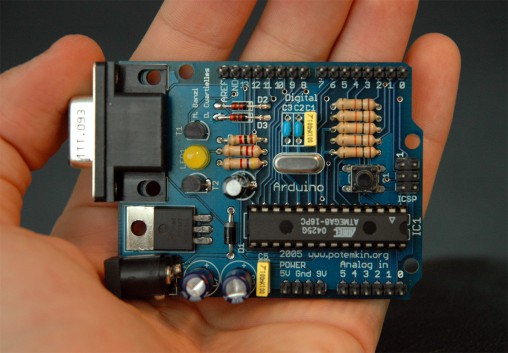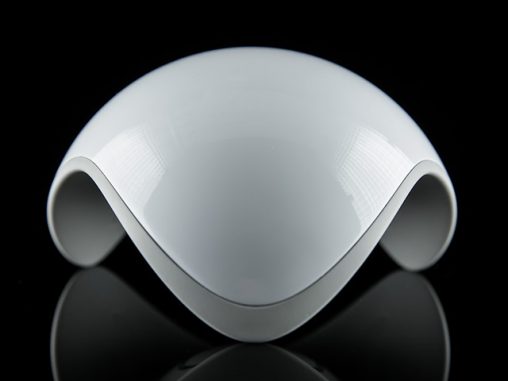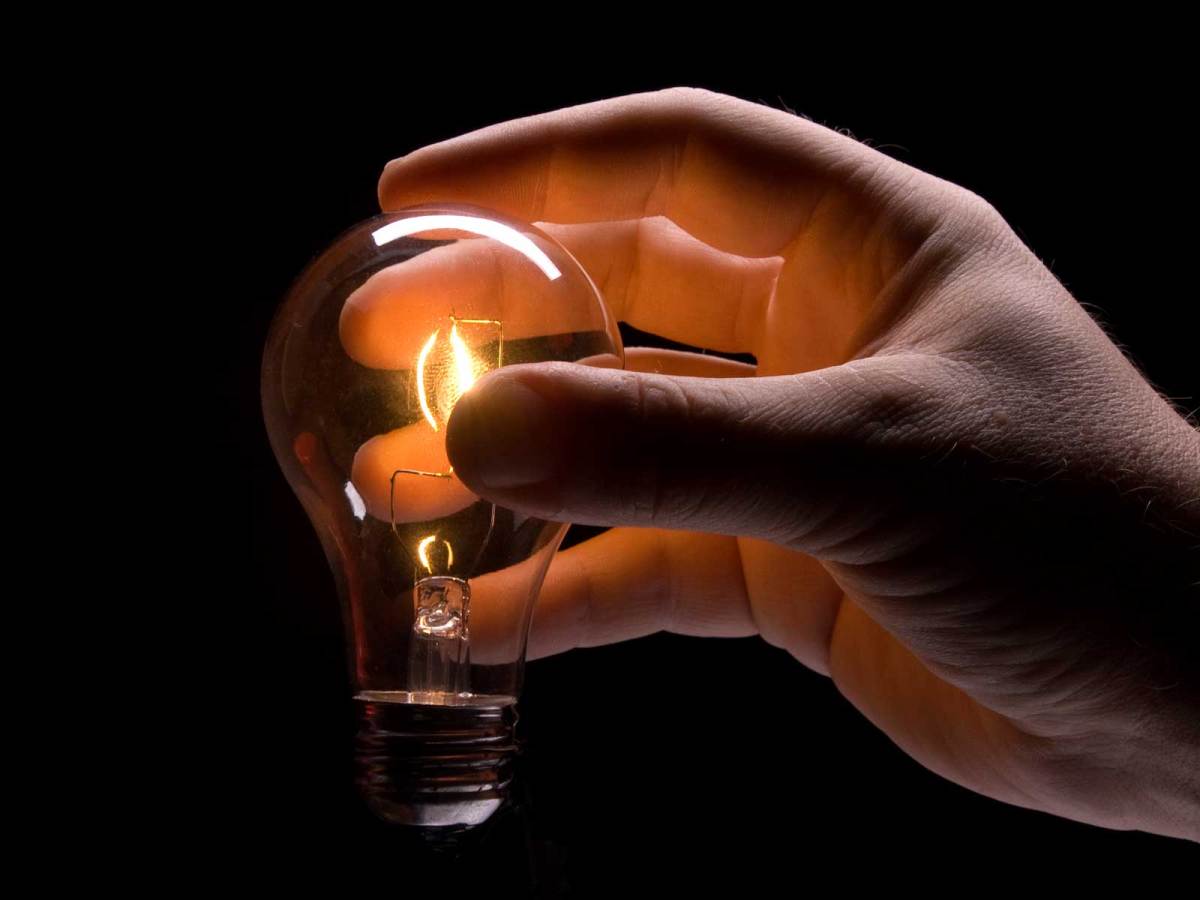Conditions have aligned to bring manufacturing of technology hardware to the masses in the West, who were previously too small to make it from light bulb moment to product manufacture.
Fostering this community in Australia is David Vandenberg the founder of Solidifier, a co-working space in Darlinghurst where for a membership fee people can join a community of experts and have access to equipment to help them develop a product and get it to market.
Vandenberg says a lot of the technology manufacturing that has moved overseas in the last few decades is starting to be pulled back. He says there are three reasons that are making it easier to experiment and prototype things locally.
Firstly, open-source microcontroller platforms like Arduino and Raspberry Pi are making it easier for developers to branch out into hardware. “There is a simple hardware platform that people can easily use their programming skills to control which can control other electronics things,” Vandenberg said.

The second factor is that protoyping technologies are getting cheaper. Fabricating projects or components using 3D printers or laser cutters is making the process more accessible.
Finally, crowdfunding platforms like Kickstarter are putting the power into the consumers hands to decide which products they want made.
“Kickstarter means you can easily test market opportunities or market demand for the product that you have an idea for which means you can take an idea, get it to a prototype stage, or sometimes not even a prototype stage, put it up on a crowdfunding website like kickstarter or Indiegogo and test the market,” Vandenberg said.
This third reason is particularly relevant for big suppliers and retailers to take notice of; the consumer has already indicated what they want or don’t want and what they see value in.
“You might fail, which might inform you that people don’t want it at all or there is something you need to change or it might be really successful and that gives you the funds to then enter into manufacturing.
“Because of all these technologies it is bringing the control, the ability to design those products and get them to market back into the hands of us in the West, small producers in the West, not just the big companies.”
One success story of this phenomenon is the wi-fi enabled LIFX LED Smart Lightbulb, which started out on Kickstarter where it raised $1.3 million and is now being sold through Harvey Norman stores. A feat Vandenberg said wouldn’t have been possible five years ago.
And there are many more projects in the works. At Vandenberg’s co-working space Solidifier the ethos is “you’ve just got to execute and get to market fast.”
One project to come out of Solidifier is Holiday from Moore’sCloud, which claim to be the ‘world’s smartest Christmas lights’. The 7–metre long string of 50 LED globes can be set to 16,777,216 diffferent hues, determined by a swipe of the smartphone. Different patterns and sequences can be programmed and saved. Currently Holiday can be ordered online for $199.

Another Solidifier success story is from Marcus Schappi, one of the creators of the Ninja Sphere, a hub to control and automate the internet–connect devices to ‘give your home a brain, and a voice’. Ninja is open-source and supports an array of devices for example from Sonos, Philips Hue, LIFX, Nest and Jawbone. The NinjaSphere raised over $700,000 through a Kickstarter campaign this year and can currently be pre-ordered online for $329.
Vandenberg said that hardware is definitely lucrative and a feasible business model moving forward. “A lot of the biggest tech acquisitions last year were hardware devices so the feasibility is proven.” Indeed, Google acquired Nest, Facebook acquired Oculus Rift and Apple acquired Beats.

